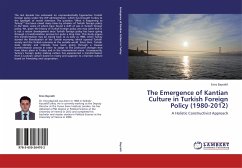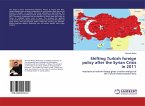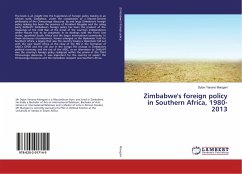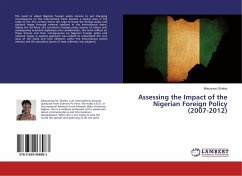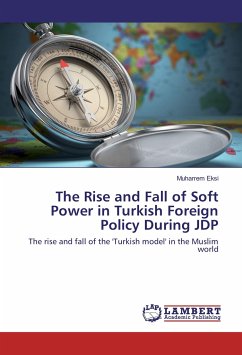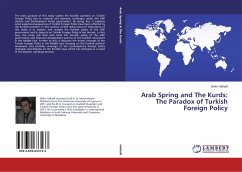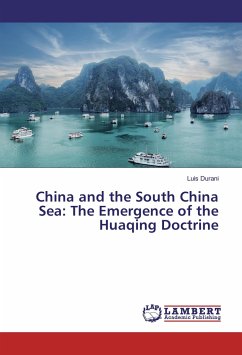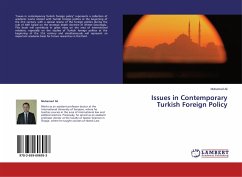The last decade has witnessed an unprecedentedly hyperactive Turkish foreign policy under the JDP administration, which has brought Turkey to the spotlight of world attention. The question What is happening to Turkey? has been raised many times by scholars of Turkish foreign policy in the West, some of whom have found a shift of axis in Turkish foreign policy. Yet, given the history of Turkish foreign policy one may claim that it is not a recent development since Turkish foreign policy has been going through a transformation process for quite a long time. This study argues this transformation may be traced back to as early as 1980, when Turkey started the liberalization of the Turkish economy, which opened Turkish society and the Turkish economy to the outside world. Since then, Turkish state identity and interests have been going through a massive transformation process in order to adapt to the profound changes that have taken place in Turkey and in the international arena. Consequently, Turkey s foreign policy making culture has experienced a transformation from a Lockean culture based on rivalry and suspicion to a Kantian culture based on friendship and cooperation.

